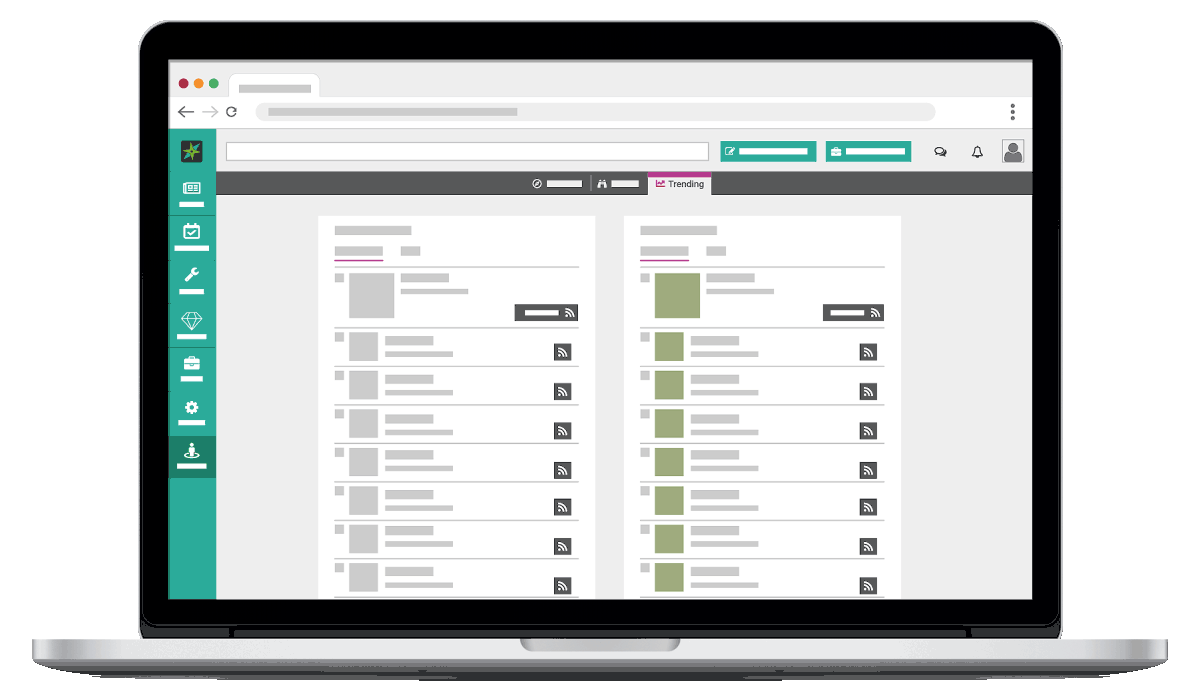Of all the changes that the investment industry has undergone in recent years, the rise of passive investing is probably one of the most drastic ones. This has coincided with the waves created by unbundling and MiFID II, which has also marked the rise of the ETF market in Europe.
Observers have noted for a while how passive investing has overtaken active in terms of assets. Two years ago, Warren Buffett famously won his US$1 million bet from 2008 that the Standard & Poor’s 500 stock index would beat the average of five funds that Protégé Partners chose within a decade.
They don’t call him an Oracle for nothing, it turns out.
Read our blog: Has Passive Investing Peaked?
Below, we try to sum up the impact of MiFID II on ETFs and the rising passive investing market in three key points.
Transparency and Improved Reporting
Before MiFID II introduced greater accountability requirements, most ETF trades would happen over a phone call rather than on exchanges or through more transparent means. Not surprising, since ETFs were not even considered an asset class circa 2004. According to the FT, about 70 percent of ETF deals took place over the phone on the run-up to MiFID II.
After the new legislation came into force, a host of new market makers started registering with exchanges. BlackRock says that the number of registered market makers that provide liquidity for its iShares European ETF products grew 25 percent in 2018. This, according to the firm, also creates the need for better aggregation of trading data in one place.
 Automation and Digitalisation
Automation and Digitalisation
Platforms like Tradeweb, which enable online trading, have benefited as more ETF trading is moving to digital and automation. The FT reports that Tradeweb hit a high in June, with transactions surpassing a notional €28 billion. More than half of that value came through automated deals.
Market maker Flow Traders, meanwhile, has estimated that deal value on platforms from companies like Tradeweb and MarketAxess rose from €35 billion to €60 billion in 2018.
Increased Scrutiny
As passive investing is gaining over its active counterpart, questions arise over the way managers run some active funds. Earlier this year, the UK’s Financial Conduct Authority announced it would launch an investigation on underperforming active funds. The aim is to determine if those funds deliver sufficient value to investors, and the results will come out in its 2019-2020 report.
Bloomberg noted that investors reportedly took out US$100 billion from European open-ended funds in 4Q2018, citing estimates from French asset manager Amundi. Conversely, ETF trading volumes in Europe quadrupled to hit US$2.3 trillion in 2018, according to fund performance data firm Lipper.
Learn more about the ways an online investment research network can make a difference in the market. Get started with Smartkarma.

 Automation and Digitalisation
Automation and Digitalisation


